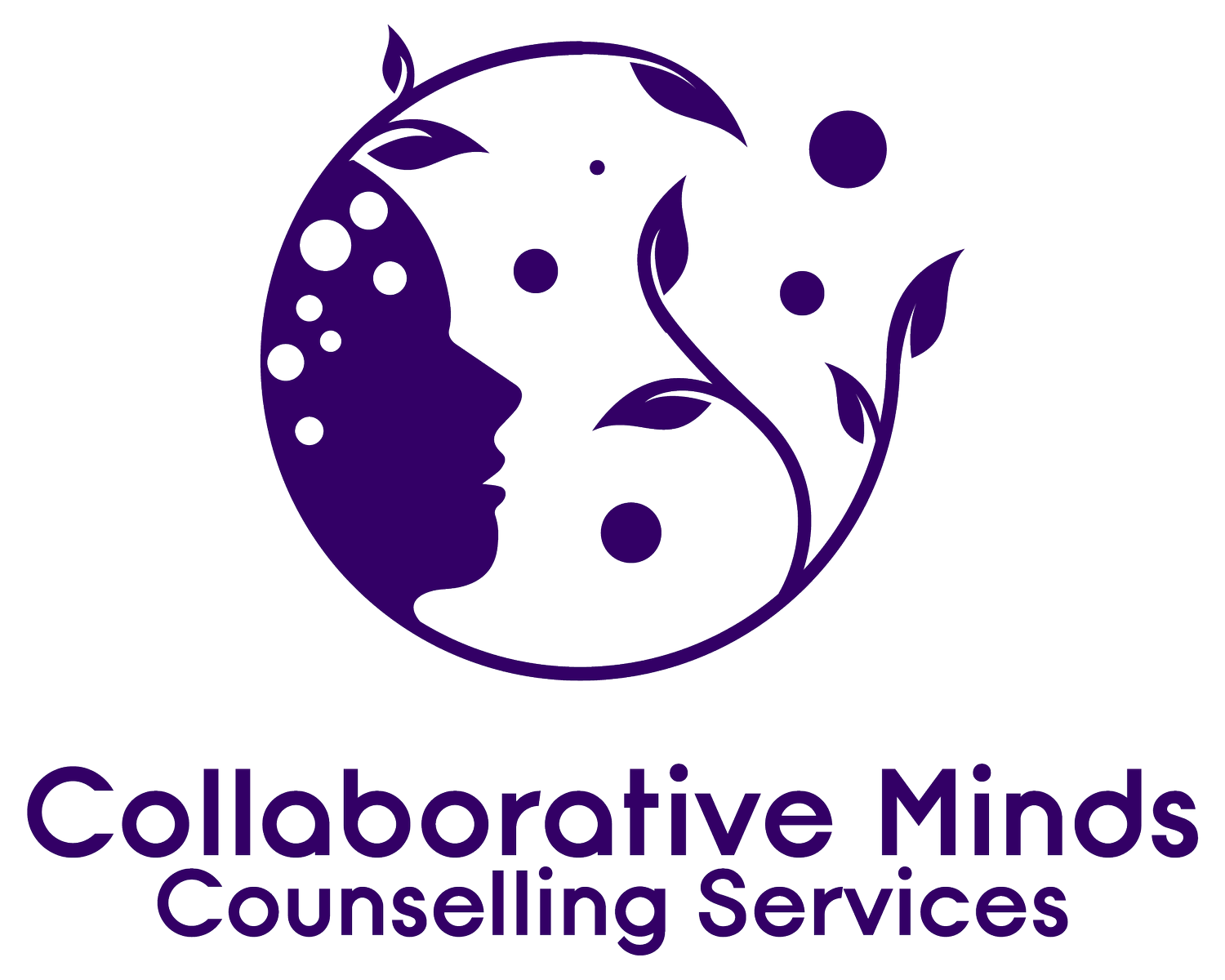What is dissociation?
Dissociation is a complex term as it is interpreted in a lot of different ways and used in a lot of different ways. For instance, to some dissociation is viewed as a symptom whereas for others dissociation can be viewed as a diagnosis as there are several dissociative disorders a person could experience (DID, DDNOS, OSDD, etc.).
Dissociation can be viewed as an adaptive response to overwhelming situations and can involve a sense of disconnection or detachment from oneself, one’s environment, and potential experiences of memory loss. Dissociation, like other mental health experiences, spans on a spectrum from mild to severe. Due to this, we all experience dissociation in some way, shape, or form. For instance, have you ever found yourself going into a room to grab something, only to find yourself unable to remember why you went into the room? Did you ever have to complete a presentation or speech and became so nervous that you were unable to remember what you were going to say despite practicing? Do you notice that throughout your day, you wear different hats or roles in your life (i.e., you are different at work from personal life)? Do you find yourself experiencing identity confusion after making major life decisions such as marriage, divorce, choosing a career, or disclosing your sexual orientation? These are all natural dissociative experiences that we have all experienced at some point in our lives.
Image retrieved from: https://www.simplypsychology.org/dissociation.html
Dissociation generally develops early in life when someone experiences a situation that is overwhelming and pushes the individual outside of the window of what they are able to tolerate. This is understandable, especially for children because our prefrontal cortex (the area that problem-solves and critically thinks) does not develop fully until our 20’s. Children often rely on those close to them to help them with these overwhelming situations and if a child does not have someone there who can soothe and comfort them (in a regulated state), then the experience may be too much for the child to integrate fully. So in order to survive and get through the moment, sometimes certain perceptions, feelings, thoughts, sensations, realizations, and memories related to the overwhelming event are split off from full awareness and do not integrate; instead it can be trapped in a different area of the brain that holds somatic sensations, emotions, images, and memories. Individuals who dissociate experience a sense of disconnection that allows them to alter reality but also be in contact with it to survive.
Since this information does not integrate, it impacts our sense of self and our personality which can impact our ability to function throughout our day to day experiences. Dissociation allows individuals to go on with regular life and avoid being overwhelmed by information that is too overwhelming or stressful to process in either the present or past.
For those who are fans of the television show This is Us, Jack describes this perfectly in his eulogy of his mother who lived in a domestic violence household. He states,
“the house I grew up in wasn’t an easy place to be a son but it wasn’t an easy place to be a mother either. We did our best, the both of us and we were lucky because we got out, but when you live in a house like that, there is a part of you that never gets out. So we build a new house; a better house; for a better life; and you try as hard as you can to make sure that the part of you that still lives in that old house is as small as possible…”
When we go through these stressful and overwhelming experiences that are outside our window of what we can tolerate, and we don’t have that support from those around us, there is a part of us that gets “stuck” in that experience and other parts hoping to avoid these experiences that we could not integrate. Unfortunately, many parents themselves were never taught the skills to help children work through these overwhelming and stressful experiences and this makes it difficult for parents to provide children with the support they need and also teach them the emotional coping skills that would help with these experiences. These stressful experiences impact a child’s ability to integrate their sense of self and often this continues onward to adulthood. This can sometimes lead us to doing things that may no always make sense. It could lead us to experiencing thoughts, behaviours, memories, physical sensations, and emotions that do not feel like they belong to us. Sometimes we find ourselves doing things but in our heads we have a different dialogue running, questioning why we are doing what we are doing; saying what we are saying and we feel like we should just be able to stop it. Sometimes we run into situations where we do not feel like ourselves and sometimes we may find ourselves feeling younger than we truly are.
References:
Boon, S., Steele, K., & Van Der Hart, O. (2011). Coping with Trauma-Related Dissociation: Skills Training for Patients and Therapists (Norton Series on Interpersonal Neurobiology). WW Norton & Company.
Steinberg, M., & Schnall, M. (2010). The stranger in the mirror: The hidden epidemic. Harper Collins.


